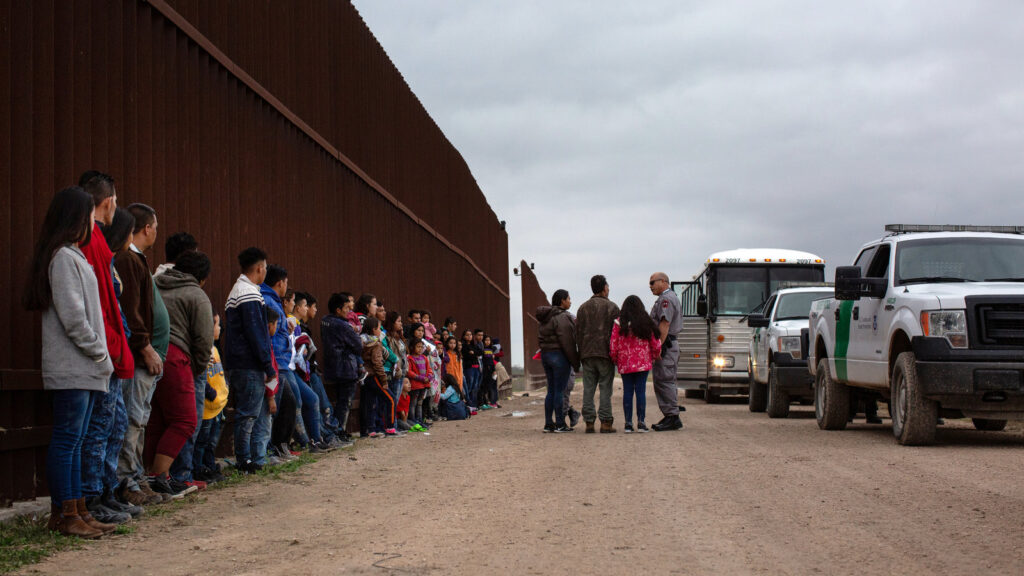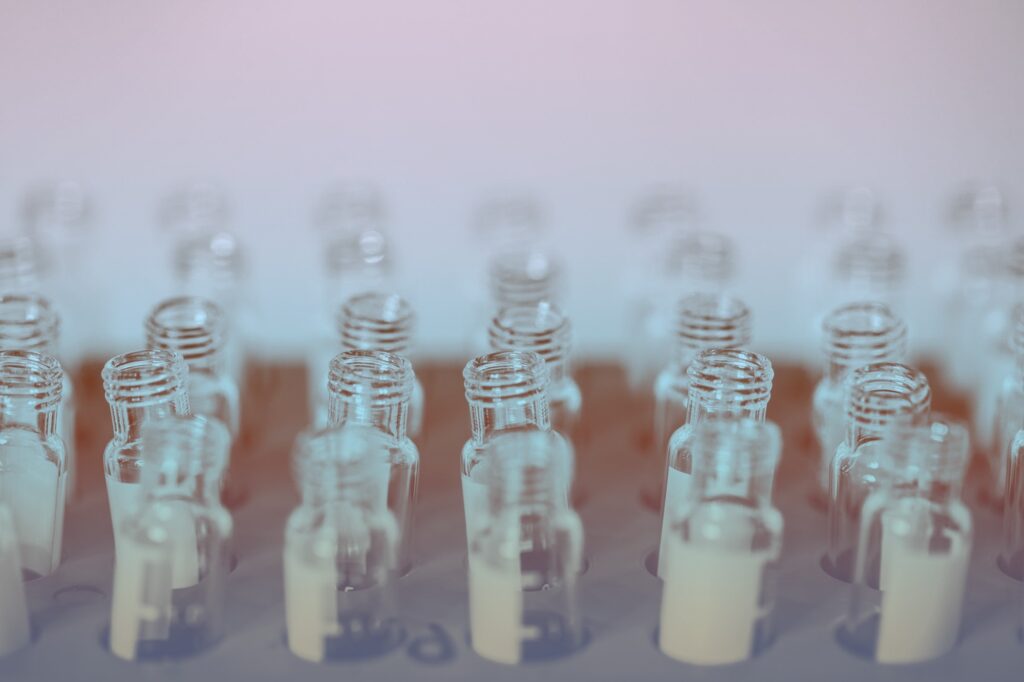A new rule, DNA-Sample Collection and Biological Evidence Preservation in the Federal Jurisdiction, goes into effect on January 9, 2009. It will expand DNA data collection to all people arrested for federal crimes and non-citizens who are detained. Currently the federal government collects DNA from persons convicted of felonies, violent crimes, aggravated sexual abuse, or serious military offenses.
In general, I believe DNA collection is a good thing. It helps to solve crimes and it is useful in research. I do not think though that the government needs to collect DNA from everyone and indeed we have not voted such a proposal in; yet it appears to be moving in that direction. On January 9, federal agencies can begin to collect DNA from non-U.S. citizens who are detained. This means that asylum seekers who are detained can be forced to give a DNA sample. Asylum seekers are not criminals. There is no legitimate reason to collect DNA from them. Likewise, anyone caught crossing the border illegally would have to give a DNA sample when they are “detained.” Yes, illegally crossing the border is a crime but I am not sure why it is useful to have an illegal border crosser’s DNA in the federal data base.
See also: Crafting Your Will with Online Wills

Just as alarming though is that a person’s DNA can be collected at the time of an arrest of a non-violent offense, not at the time of conviction.
The government describes this law as just another means of data collection – like fingerprints, but this is not quite true; DNA reveals much more. A set of fingerprints can be used to identify a person and nothing more. A DNA sample contains not just identity but also a person’s genetic make-up. It is not clear what the government would do with the knowledge of a person’s genetic make up, but is alarming that they could do a search for all people with a “gene x.” Do we want the government to have this kind of information?
The main criticism of the rule is that there is no provision for individuals to remove their DNA from federal criminal databases in cases where they have been wrongfully detained or may have even become citizens or proven their U.S. citizenship after being held in detention. Thus, the government could have a DNA sample from someone who has done nothing at all.
I believe that it is dangerous for the government to collect this kind of data which goes beyond the scope necessary for any criminal investigation. I hope the rule is challenged in court before it is implemented. Otherwise, I fear we are going down a path ripe for government abuse.

